
6 Tips Reduce Female Stroke Risk
Vascular dementia is a common dementia, often brought on by stroke. Check out strategies to prevent stroke in women.

Vascular dementia is a common dementia, often brought on by stroke. Check out strategies to prevent stroke in women.

Strokes are a leading cause of Vascular Dementia. Just how much does eating a more plant-based diet lower the risk of having a stroke?

Scientists at Oregon’s only public academic health center (OHSU) have discovered a new avenue of cell death in Alzheimer’s disease and vascular dementia.
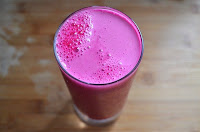
DRINKING beet juice can increase blood flow to the brain in older adults. The way beet juice does this holds great potential for combating dementia.

Outbursts of anger may trigger strokes and other cardiovascular problems that are foundations of vascular dementia. The differences are not subtle, as angry people may be tripling their chances of a stroke leading to vascular dementia. Get the relevant details.
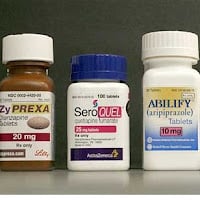
Dementia symptoms such as agitation, psychosis, anxiety, insomnia & depression are often treated with antipsychotic medication. Learn why these medications increase the risk of stroke.

DIAGNOSIS: EMERGENCY ROOM DOCTORS commonly miss strokes, a leading cause of vascular dementia. This is especially true among women, minorities and younger patients. Learn how

VIDEO + ARTICLE: In a 2018 study, treating blood pressure more aggressively lowered odds of developing mild cognitive impairment, a gateway to dementia. CBS News
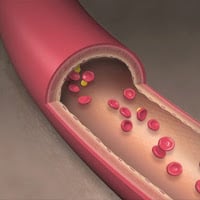
SPECIAL ANIMATION + TRANSCRIPT: Vascular dementia can be triggered by plaque build-up in brain arteries. This is called atherosclerosis, nicknamed “hardening of the arteries”. See

SLEEP VIDEO & ARTICLE: Deep sleep refreshes. Too little deep sleep and sleep apnea can trigger brain changes linked to vascular dementia. Learn what happens.

Memory failing? New research shows you may need help, but not for dementia. Memory slips, stress and fatigue are growing in people with healthy memory.

Many diagnosed patients won’t qualify — here are the
7 medical criteria.

People worry about becoming forgetful. Is it the first sign of Alzheimer’s or just the passing years? After all, forgetfulness is a normal part of aging. Check out these quick ways to tell the difference.
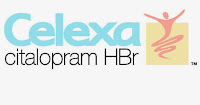
The antidepressant drug citalopram, also sold under the brand names Celexa and Cipramil, significantly relieves agitation in Alzheimer’s. Learn about the benefits and side-effects.
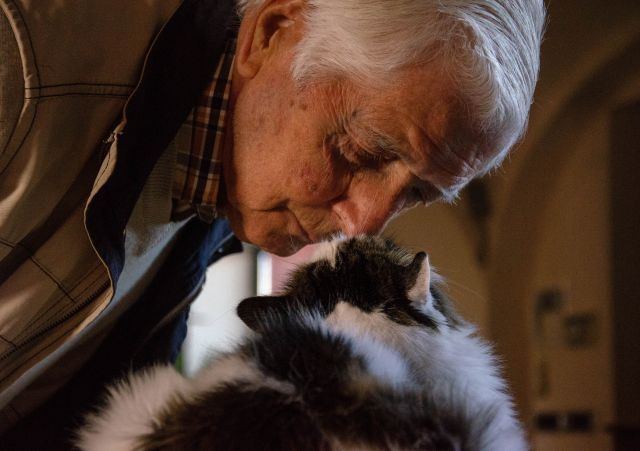
Researchers in Florida find that robotic pet cats improve mood, behavior and cognition in older adults with mild to moderate dementia. Find out more.

Ketone-rich diets increase the SIRT3 protein that protects neurons from death during the progression of Alzheimer’s disease. But how does it work? Find out more.

Memory failing? New research shows you may need help, but not for dementia. Memory slips, stress and fatigue are growing in people with healthy memory.
No spam, only news and updates.


